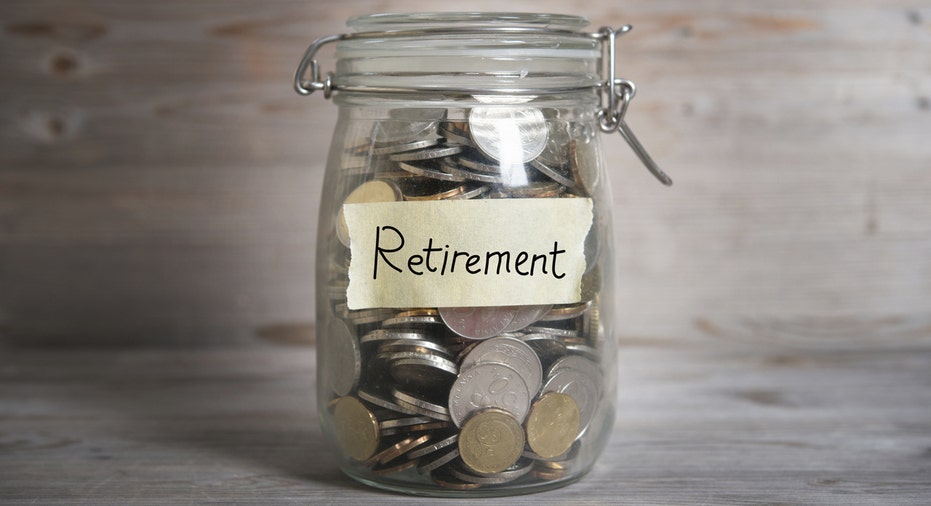What Rising Interest Rates Mean for Your Retirement

The Federal Reserve raised interest rates in December for just the second time since the 2008 financial crisis. But Fed officials at the December meeting indicated three rate hikes in 2017 were likely -- with the first one widely expected to come on Wednesday.
And according to some personal finance experts, that should be welcome news to Baby Boomers preparing for retirement.
“Most Baby Boomers, who are likely to be retired or preparing to retire, will benefit as interest rates rise. Older Baby Boomers have had a terrible time to try to build wealth with safe assets,” said Bob Johnson, CEO of the American College of Financial Services and author of Invest with the Fed. "Rising interest rates are going to increase returns on safe investments that are popular with retirees, [including CDs and money market accounts]."
AARP’s March Bulletin "Adapting to Rising Interest Rates" took a deep dive into what rising rates can mean for seniors. Eileen Ambrose, senior money editor at AARP, broke down for FOX Business some of the key points.
Boomer: The Federal Reserve increased its benchmark interest rate in December, and add to that the expectations of another three increases this year, what impact can this all have on Boomer retirement plans?
Ambrose: Of course, a lot depends on where your retirement money is invested.
The value of existing bonds fall as rates rise. That’s because new bonds are offering better rates than older bonds. However, if you invest in short-term bonds and bond funds, when it comes to reinvest, you will be buying bonds at the higher rate.
It’s a good idea when entering a period of rising rates to make sure your portfolio has the appropriate mix of stocks, bonds and cash. Stocks help you keep up with inflation, while bonds can offer stability.
Boomer: If I have a large credit card balance, will my interest rate automatically increase after a Fed hike?
Ambrose: Yes. Almost all credit cards these days carry a variable rate. So when the Federal Reserve raises its key rate, banks quickly respond by raising the rate they charge on their credit cards. You should notice a difference in one or two billing cycles.
Boomer: If I have bond funds in my portfolio should I make any changes if interest rates go up? What about my savings and CDs?
Ambrose: Bonds offer more stability to a portfolio than stocks, but as I said before, the value of existing bonds drop as interest rates rise. During an environment when rates are rising, it’s always a good idea to stick to shorter-term bond and bond funds that are less sensitive to rate changes than long-term bonds.
On the other hand, higher interest rates are welcome news for older savers who don’t want to take too much risk with their money. These conservative investors have barely earned any money on their savings for years. If the Fed continues to raise rates as indicated, these conservative investors should start seeing an increase in what they earn on savings accounts and certificates of deposit toward year end. And many will be happy with that. Savers, though, should stick with CDs that will mature in a year or less. That way, if rates do continue to rise, they will be able to reinvest later at a higher rate.
Boomer: What can seniors do to protect themselves before a rate increase?
Ambrose: If older consumers are carrying a large credit card balance, now is the time to whittle that down before their interest rate goes up. They also can take advantage of offers to transfer their balance to a new card interest-free for a period of months. One card issuer, for instance, is not charging interest for 21 months on balance transfers – plenty of time to reduce debt before higher rates kick in.



















